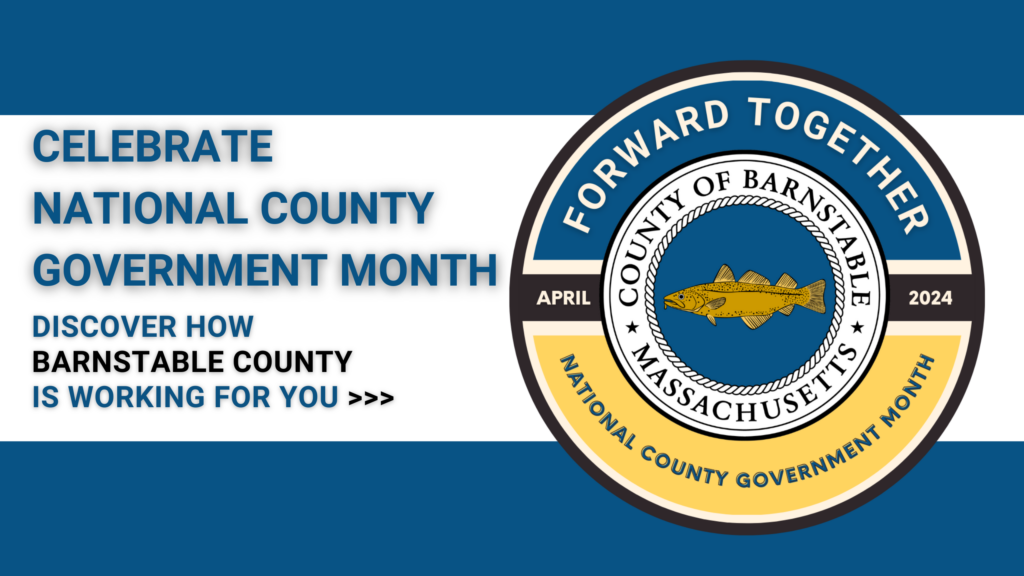
Top 10 Things You Need to Know About Tick Season
Barnstable County’s Entomologist and Deer Tick Project Coordinator, Larry Dapsis, shares this important information about ticks and disease prevention for the benefit of residents and visitors.
-
There is no real defined season for ticks. Ticks become active whenever temperatures are above freezing and a break in snow cover occurs. Remember to take precautions more often than just spring and summer.
-
Lyme disease is not the only disease that you can contract from a tick bite. Barnstable County has the 4th highest incidence rate of Lyme disease in the state, but there are a host of other potentially serious diseases such as babesiosis, anaplasmosis, Powassan, and relapsing fever.
-
The Powassan virus was found in ticks collected throughout Cape Cod last year. Most who are exposed to the virus experience no symptoms. In rare cases, individuals can become severely ill or die.
-
Types of Ticks on Cape Cod: Deer ticks, Dog ticks, and Lone Star ticks. Dog ticks pose the lowest risk, but can trigger Rocky Mountain Spotted Fever. Deer ticks can transmit all the diseases mentioned in No. 2. The Lone Star tick is the newest tick and can transmit Erlichiosis and Tularemia. The bite of a Lone Star tick can also trigger an allergy to red meat consumption, which presents itself in a range of symptoms, from hives to an anaphylactic response.
-
The best way to remove a tick that has attached itself to your skin is to grasp it quickly by the head with fine-tipped tweezers and gently pull straight up.
-
Consider sending your tick to be tested. You can send your tick to be tested at UMASS Amherst. Results are highly accurate, however remember that the data will show risk of exposure only. Go to www.TickReport.com. Simply place the tick in a sealed Ziploc bag. Be sure to write the work order number provided by the website on the bag. Results are returned after 3 business days of receiving the specimen.
-
The best approach is PREVENTION. When spending significant time outdoors, or if you are headed to the trails, it is best to wear long pants with your pants tucked into your socks. Not necessarily a great fashion statement, but it could save your life.
-
Don’t rely on natural products, like essential oils. There are no data to indicate that essential oils, herbal extracts, or other natural products are effective. Larry recommends permethrin-treated clothing and footwear. This spray can be purchased at all major garden centers and online. It is very safe and is used to treat children with head lice. Read this article on treating your clothing with permethrin insect repellant. https://travelreadymd.com/how-to-make-your-clothing-insect-repellent/
-
Barnstable County is the only County in the state with this kind of outreach program. We are very fortunate to have a program helping Cape Cod residents protect themselves from tick-borne illness. If you have questions, contact Larry Dapsis, Entomologist and Deer Tick Program Coordinator at Barnstable County at ldapsis@capecod.gov or 508.375.6642.
-
Last but not least! Larry is the subject of a documentary called Tick Days premiering at the Provincetown Film Festival June 15-17. The documentary explores Larry’s work and mission. We invite you to attend!




